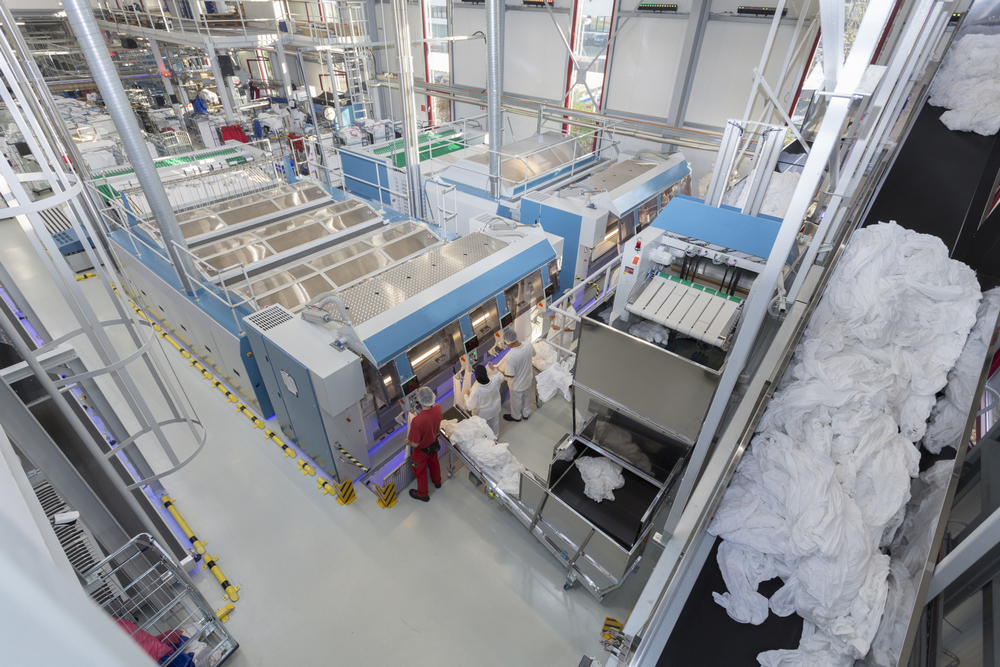
Photo: Stephen Wendt
The energy and fuel costs make up around 11 percent of the total costs of the companies.
Berlin: Never before in its history has the German textile service industry had to contend with simultaneous price explosions in almost all areas – from raw materials and personnel costs to energy prices and textiles. The price increases in the double-digit percentage range cannot be absorbed by the companies. And an end to the price spiral is not in sight due to the uncertainties caused by the war in Ukraine. The approximately 4,000 mostly medium-sized companies are therefore looking to the future with concern. The German Textile Cleaning Association (DTV) calls for relief and warns of supply bottlenecks.
Many textile service companies had to struggle with sales losses of 50% and more due to the corona restrictions. In particular, cleaning services with private customer business and laundries for the hotel and catering industry were and are still affected. Now prices are rising massively in almost all areas. DTV Managing Director Andreas Schumacher: “Our companies had just started the new year with cautious optimism and had hoped to be able to overcome the sometimes dramatic economic consequences of the corona pandemic this year. These hopes have been dashed due to the massive cost increases.”
“We are emphatically appealing to the federal government to initiate a noticeable reduction in energy prices. The abolition of the EEG surcharge is just a drop in the bucket. Many medium-sized companies are in danger of collapsing under the cost burden for gas, oil and electricity,” says DTV CEO Schumacher.
Laundries working in the healthcare sector, which have so far hardly had any loss of sales due to Corona, are also coming under pressure in view of the cost developments for energy and raw materials. With institutional customers, especially hospitals and nursing homes, it is often impossible to pass on price increases during the term of existing contracts. In the autumn, there is also the threat of the next unscheduled increase in costs due to the announced increase in the minimum wage to 12 euros.
Concern about security of supply is growing
In addition to the price development, the security of supply with gas and oil is causing concern for the industry. Oil delivery quantities have already been reduced for individual companies. In view of the fact that numerous system-relevant facilities such as hospitals, fire brigades, energy suppliers or the food industry are supplied with hygienic laundry and workwear by textile service companies, a standstill in the textile service can lead to further supply bottlenecks in relevant areas.
“In the short term, companies have no technological alternatives for steam generation. They are forced to rely on gas or oil to run steam boilers. If deliveries are not made, it will no longer be possible to provide hygienically prepared textiles,” explains Schumacher. “Prioritized supply of the textile service with gas and oil is essential for maintaining and supplying the critical infrastructure, but also for the many displaced people from Ukraine, who will also be dependent on a hygienic supply of textiles in their accommodation.”





